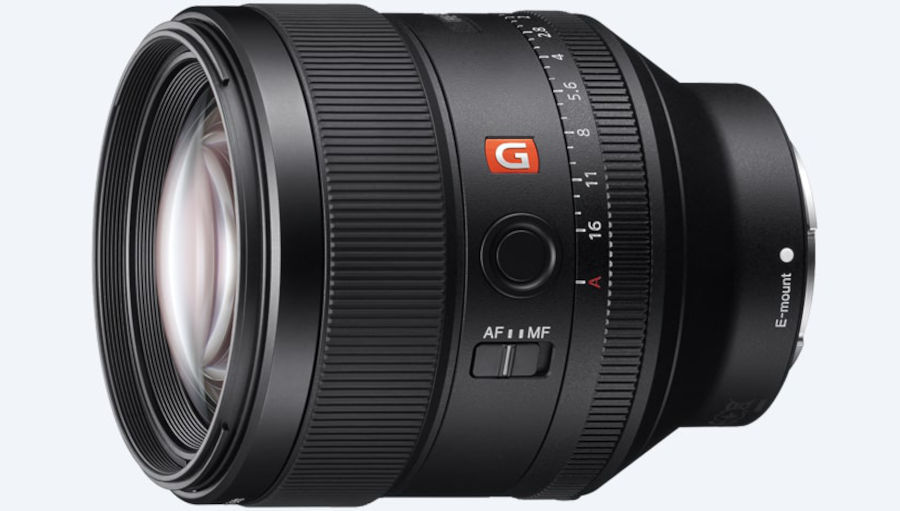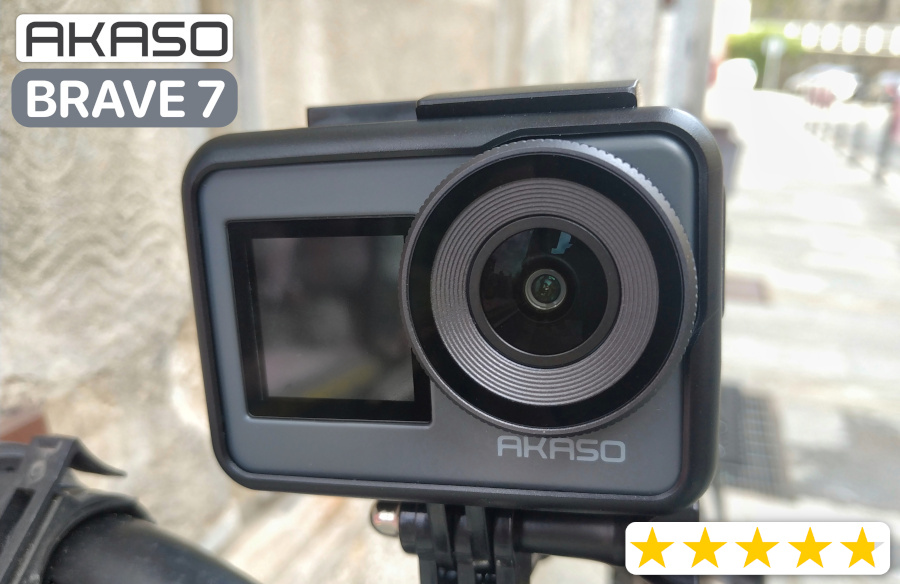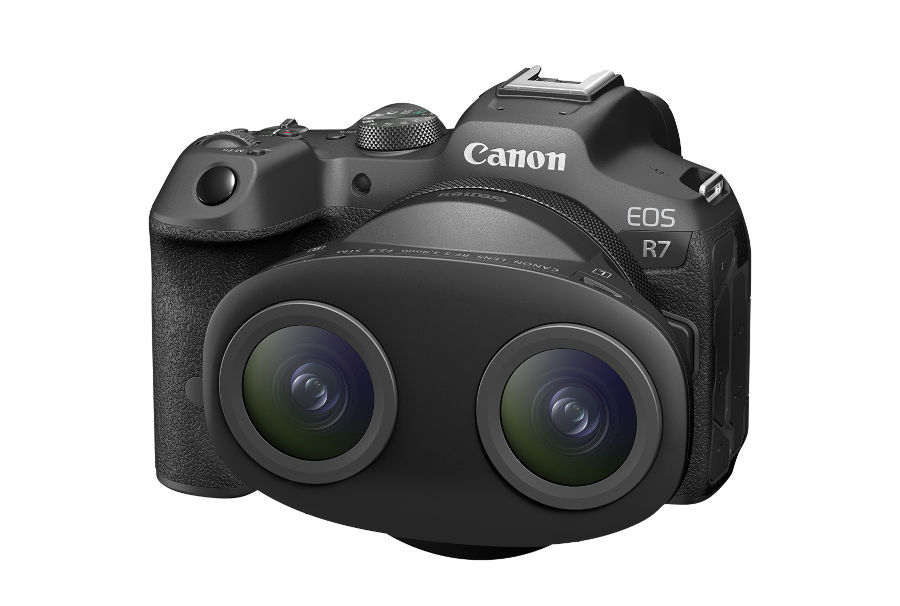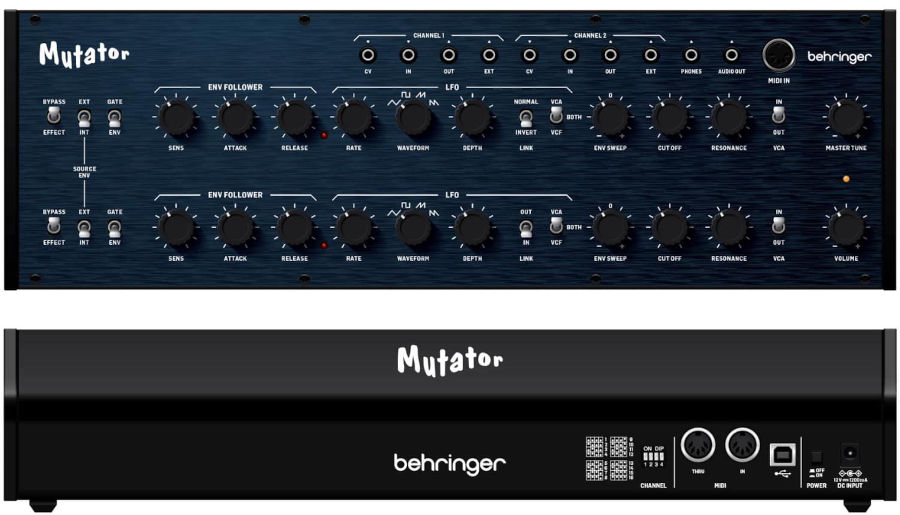
Meta Introduces SceneScript for Enhanced Room Scanning
Revolutionizing VR and AR Navigation with Automated Room Mapping and Object Identification
NEWS Headset March 24, 2024 Reading time: 2 Minute(s)
In virtual and augmented reality (VR/AR), the significance of seamless room scanning cannot be overstated. Meta has recently unveiled an innovative solution named SceneScript, poised to redefine the landscape of room scanning technology. This breakthrough promises to streamline the process, particularly on Quest headsets, while paving the way for a myriad of practical applications.
Before embarking on immersive experiences with VR headsets, users are advised to conduct room scans to establish boundaries, ensuring a safe and uninterrupted journey in the virtual realm.
 Similarly, for AR applications, accurate room scanning is pivotal for anchoring and aligning 3D content seamlessly within indoor spaces. However, conventional room scanning methods often entail complexities and user-unfriendliness, posing hurdles to seamless immersion.
Similarly, for AR applications, accurate room scanning is pivotal for anchoring and aligning 3D content seamlessly within indoor spaces. However, conventional room scanning methods often entail complexities and user-unfriendliness, posing hurdles to seamless immersion.
In a revelatory Threads post, Edward Miller, Meta's Research Project Manager, unveiled SceneScript as the answer to these challenges. SceneScript leverages cutting-edge AI algorithms to autonomously identify objects and room features, ranging from walls and furniture to ceilings and beyond. This revolutionary approach eliminates the need for manual mapping, as the AI seamlessly maps out the surroundings in real-time as users navigate their environment. While Apple's Vision Pro offers automated room mapping capabilities, SceneScript sets itself apart by incorporating object identification and labeling functionalities, enhancing spatial awareness to unprecedented levels.
Beyond its prowess in room mapping, SceneScript opens doors to a plethora of innovative applications. Miller highlights its compatibility with chatbots like Llama 2, enabling users to pose spatial queries effortlessly.
 Meta envisions SceneScript as a catalyst for transformative advancements in both MR headsets and future AR glasses. The technology holds the potential to revolutionize navigation aids for the visually impaired, offering step-by-step guidance based on real-world spatial data. Furthermore, Meta foresees SceneScript as a cornerstone for next-generation digital assistants, equipping them with the contextual understanding necessary to address intricate spatial queries effectively.
Meta envisions SceneScript as a catalyst for transformative advancements in both MR headsets and future AR glasses. The technology holds the potential to revolutionize navigation aids for the visually impaired, offering step-by-step guidance based on real-world spatial data. Furthermore, Meta foresees SceneScript as a cornerstone for next-generation digital assistants, equipping them with the contextual understanding necessary to address intricate spatial queries effectively.
While Meta has yet to confirm its integration into forthcoming headsets such as the Meta Quest 3 or Meta Quest 3 Lite, the implications of SceneScript for the Guardian feature are profound. By augmenting spatial awareness and navigation capabilities, SceneScript stands poised to elevate the immersive experiences offered by Meta's VR ecosystem to unprecedented heights.
IMAGES CREDITS: META
*Our pages may contain affiliate links. If you buy something via one of our affiliate links, Review Space may earn a commission. Thanks for your support!
CATEGORIES

























COMMENTS